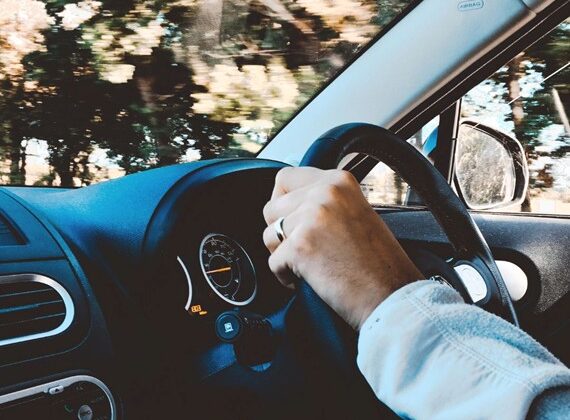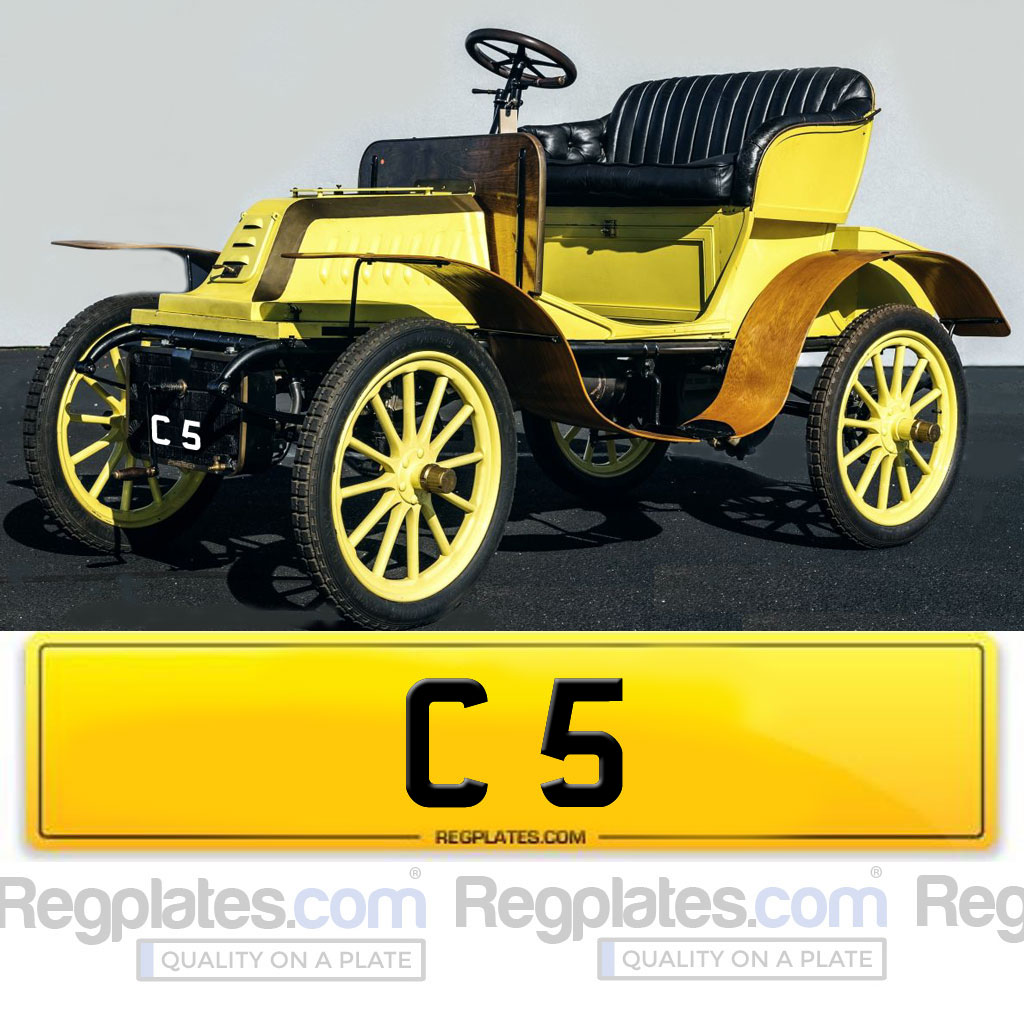
In the UK, it has been a legal requirement for all cars to display a number plate since the Motor Car Act of 1904. The purpose of number plates is to provide a simple way for authorities and other drivers to identify vehicles involved in accidents or criminal activity.
Can You Have the Same Number Plate on Two Cars?
It is illegal for two vehicles to have the same number plate. Number plates are unique identifiers that allow authorities to trace the owner of a vehicle and identify the specific car.
Even if you own two cars, you cannot use the same number plate on both. If you are reassigning a personalised number plate from one vehicle to another, the original vehicle will either revert to its previous registration or be assigned a new one by the Driver and Vehicle Licensing Agency (DVLA).
Swapping Number Plates
You can swap number plates between vehicles you own as long as the plates are suitable for the cars. This means that the age identifier on the number plate must not make a vehicle appear newer than it is. To swap plates, you need to remove the plate from one vehicle and retain the registration. You can then assign it to another vehicle. This process can be done online via the DVLA or by post.
Assigning a number plate to a vehicle is free, but removing and retaining a registration costs £80.
The Problem with Duplicate Plates
Using the same number plate on more than one vehicle is a criminal offence. Duplicate plates, also known as cloned plates, are often used to commit crimes. Criminals use cloned plates to avoid detection for offences such as speeding, prohibited parking, petrol theft, burglary, and robbery.
They may also create forged vehicle registration certificates (V5Cs) to accompany the cloned plates. To avoid buying a car with a cloned number plate, it’s advisable to perform a vehicle history check before making a purchase.
As an official DVLA-registered supplier and over 30 years of experience, you can purchase your number plate with us at Reg Plates, ensuring peace of mind that you will receive a unique and legal number plate with a helpful team that can assist you in the process.
How to Spot a Cloned Number Plate
Unfortunately, cloned number plates are a growing problem in the UK. While it can be challenging to identify a cloned plate at first glance, there are a few warning signs to look out for:
• Unexplained Fines or Penalty Notices: If you start receiving tickets for offences you didn’t commit, it could indicate your number plate has been cloned.
• Inconsistent Vehicle History: When buying a used car, discrepancies in the vehicle’s records could suggest tampering or cloning.
• Unusual Contact from Authorities: If police contact you about incidents involving your vehicle when you weren’t present, it’s worth investigating further.
If you suspect your number plate has been cloned, report it immediately to the police and the DVLA. Have all the information and proof you can possibly provide. If you act quickly, you can prevent further misuse.
Buying and Selling a Vehicle with a Personalised Plate
If you’re buying or selling a vehicle with a personalised number plate, it’s essential to handle the transfer correctly.
Decide whether to keep the personalised plate or sell it with the vehicle. If keeping it, you’ll need to retain the plate via the DVLA.
Ensure the personalised plate has been correctly transferred to you and check the vehicle’s history to confirm its legitimacy. Mistakes during the transfer process can result in ownership disputes or legal complications.
keep a record of all documents and communication related to the transfer, such as receipts, retention certificates, or correspondence with the DVLA. This helps protect both buyers and sellers if there are any disputes or issues later on.
How Authorities Detect and Handle Duplicate Plates
Detecting and handling duplicate number plates effectively requires advanced technology and investigative methods. ANPR (Automatic Number Plate Recognition) is a system of cameras installed on roads and in police vehicles.
A camera scans number plates automatically and compares them against a database for inconsistencies, such as plates linked to multiple vehicles. The DVLA maintains detailed records for all registered vehicles, making it possible to identify duplicate plates if they are reported or detected.
It is common for duplicate plates to be discovered through traffic violations. Speeding fines or other fines may be mistakenly sent to the legitimate owner of a car with a cloned plate. This can lead to an investigation revealing plate cloning if the owner disputes the fine. The police can also identify duplicate plates through physical inspections, during which they check the Vehicle Identification Number (VIN) against the vehicle’s registration. If a driver notices their number plate on another vehicle, they should notify authorities.
When duplicate plates are confirmed, authorities take action right away. The cloned vehicle may be impounded, and investigations are launched to trace the source of the cloned plate. The legitimate owner is protected by issuing a new plate and providing advice on preventing further incidents. Offenders involved in plate cloning face severe consequences, including fines, criminal charges, and even imprisonment. These measures ensure the integrity of the vehicle registration system and protect innocent drivers.
The Benefits of Personalised Plates
Personalised number plates have grown in popularity over the years, offering drivers a chance to make their vehicles unique. While they are a fun and creative way to stand out on the road, they also come with practical benefits.
Personalised number plates can be a smart investment. Plates with rare combinations, popular names, or special meanings often go up in value over time. Many collectors and car enthusiasts are willing to pay good money for unique plates. This makes them a useful asset for anyone looking to invest in something that’s both practical and valuable.
One of the main benefits of personalised plates is that they’re easier to remember. This can be very helpful in emergencies, like if your car is stolen, or in legal situations where your vehicle needs to be identified. Unlike standard plates with random letters and numbers, a personalised plate stands out, making it quicker and simpler for you or others to recall.
Businesses can use personalised plates to promote their brands in a subtle but effective manner. Potential customers can be attracted to a plate that features the name of your company or a service you offer. This is a creative approach to advertising that is professional and eye-catching.
When purchasing a personalised plate, always ensure it meets DVLA regulations and is correctly assigned to your vehicle.
Are you looking for a new license plate and need some help? Get in touch with our team today!

Jon Cherry is a Director of leading personalised number plate dealer Regplates.com. Jon has over 25 years industry experience handling some of the most expensive plates ever sold with many high profile and celebrity clients. Active since 1991 in the number plate industry, Jon is currently Chairman of the Cherished Numbers Guild, a trade body representing number plate dealers in the UK. Jon has written many articles on the industry and insight into the future of numberplates and the market as a whole.




